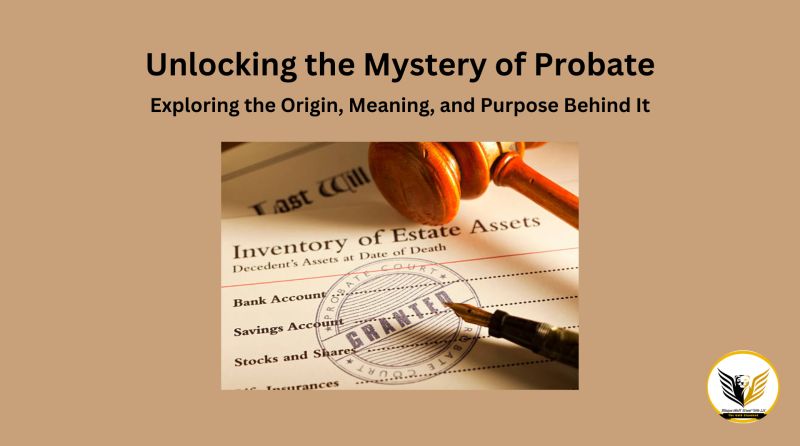
The origin of probate can be traced back to ancient Roman law, which recognized the importance of having a legal process to ensure that a deceased person’s property was properly distributed. The word “probate” originates from the Latin word “probare,” which means “to prove.”
Essentially, probate is the court-supervised process by which a judge officially determines the genuineness and validity of the decedent’s (deceased person) will.
In medieval England, the Norman Conquest of 1066 A.D. made significant changes in the laws of will. William the Conqueror separated the courts; The Ecclesiastical Courts were given jurisdiction over succession to personality, including testamentary succession, while the Secular Courts retained jurisdiction over succession to freehold interest in realty, including wills.
During the 12th and 13th centuries, dying without a will was considered almost sinful, and the Church Courts had jurisdiction over the goods of the deceased and the bishop would take charge of the goods that were left and would make suitable dispositions of them.
If there was a will, the Bishop’s Court was the proper place in which it was to be provided and it was also the function of this court to see that the executor carried out his duties properly.
The purpose of probate is to provide a legal process for verifying the authenticity of a deceased person’s will, identifying and distributing assets, paying off debts and expenses, and ensuring that the deceased’s final wishes are honored.
Additionally, probate also serves as a means of protecting the rights of heirs, beneficiaries, and creditors, and it provides a forum for resolving disputes that may arise in connection with a deceased person’s estate.